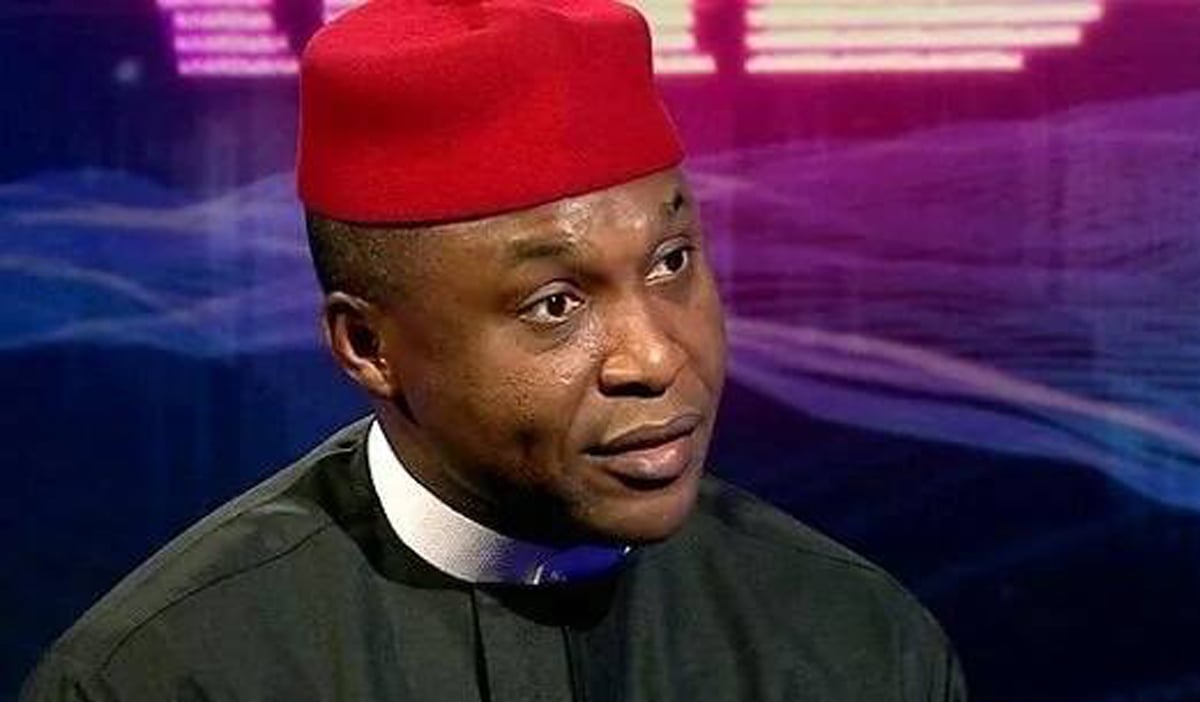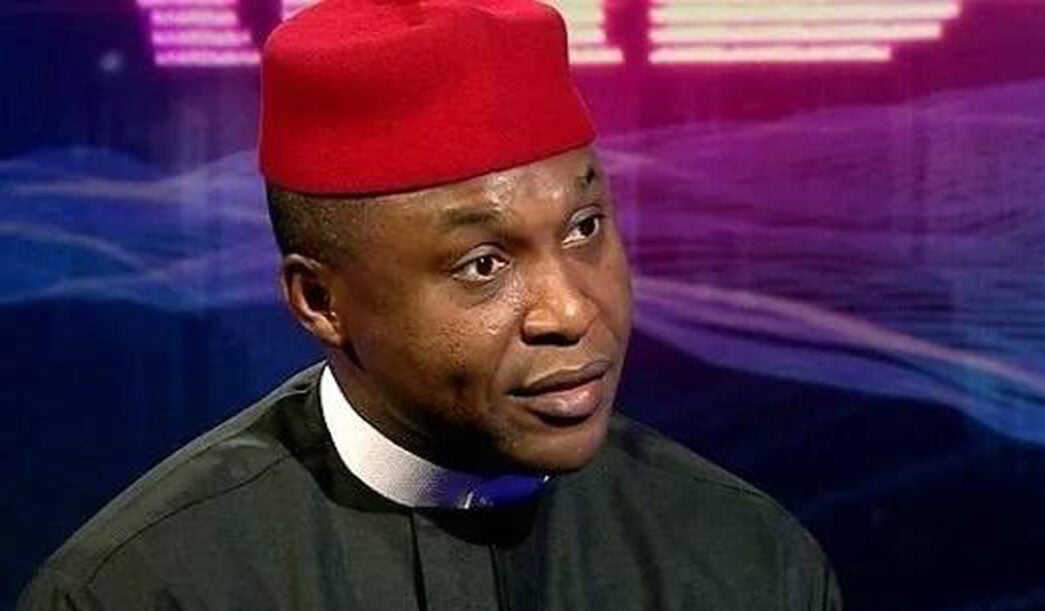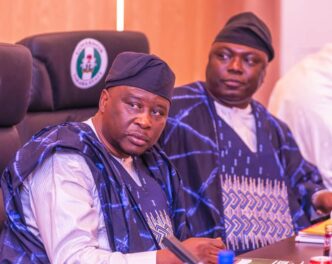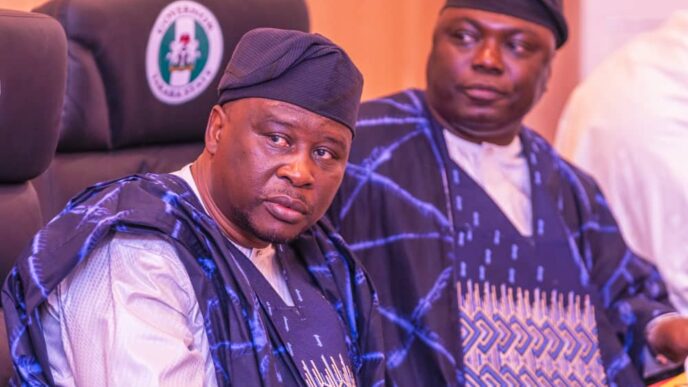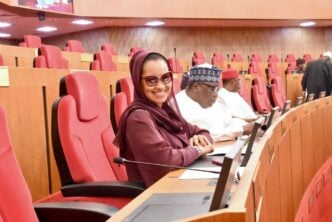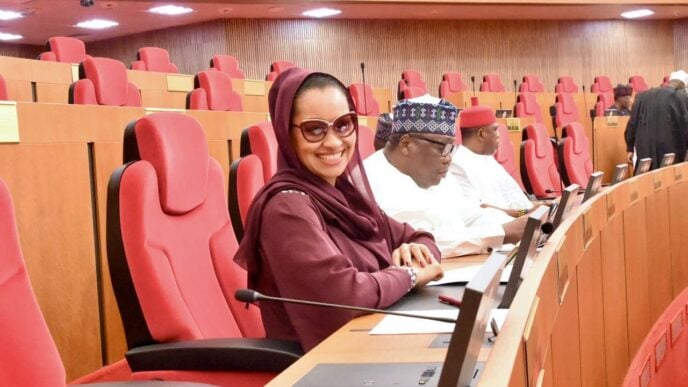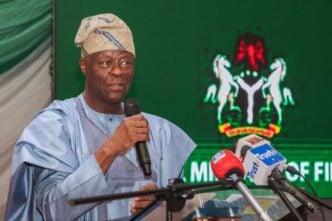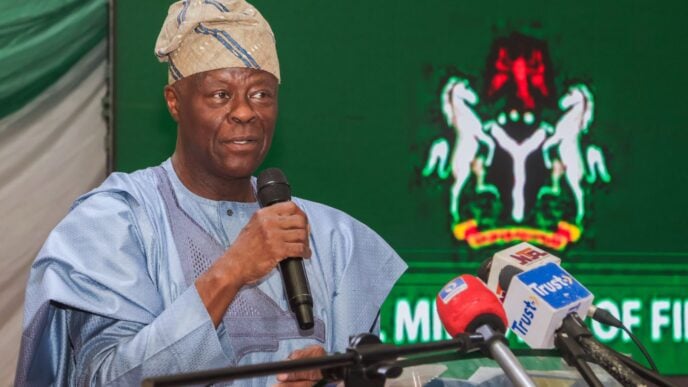Osita Chidoka
Osita Chidoka, former minister of aviation and chancellor of the Athena Centre for Policy and Leadership, says Nigeria’s democratic challenges are due to weak institutions and not a failure of electoral technology.
Chidoka spoke on Monday at a review of the Independent National Electoral Commission’s (INEC) innovation in electoral technology (2015–2025), organised by the Athena Centre for Policy and Leadership in Abuja.
The event, themed ‘Innovation in Electoral Technology 2015–2025: Gains, Gaps, and the Road Ahead’, also marked the launch of the Athena Election Observatory — an initiative designed to monitor and document electoral reforms, innovations, and governance trends across Africa.
The forum brought together academics, policymakers, civil society leaders, and election experts to assess how technology has shaped Nigeria’s electoral process over the past decade and to chart a reform path ahead of the 2027 general elections.
Advertisement
Chidoka said the problem with Nigeria’s elections lies in the weakness of its institutions rather than the tools used to conduct them.
“Institutions, not individuals, make democracy work. When institutions are weak, the system becomes personalised and unaccountable,” he said.
He argued that credible elections depend on transparency and fairness, warning that democracy risks collapse when the electoral umpire is seen as a player.
Advertisement
“We must ensure the umpire is not seen as a player. Without transparency, democracy becomes a shadow of itself,” he added.
Citing findings from Athena’s audits and a joint survey with NOIPolls, Chidoka said most Nigerians recognise electoral technology as essential to credible elections.
However, he noted that its impact depends on consistent enforcement and visible transparency.
He urged the federal government to amend the Electoral Act to make BVAS, IReV, and ERMS mandatory tools for elections, with clear fallback provisions and penalties for non-compliance.
Advertisement
He also called for expanded transparency beyond polling units by mandating uploads of ward-level results and institutionalising post-election audits to verify data from BVAS and result forms.
Chidoka proposed improving INEC’s operational resilience through upgraded servers, pre-election stress testing, and telecom partnerships, as well as creating a “Digital Election Corps” to professionalise ICT management.
To enhance risk monitoring, he advised rebuilding INEC’s Collation Tracking and Data Analytics System (CT-DAS) as a public-facing early warning platform that integrates reports from civil society and election observers.
“While 65 percent of Nigerians express some trust in INEC, 35 percent report no trust. This underscores a fragile confidence baseline,” he said.
Advertisement
He called on INEC to publish BVAS accreditation data in real time, release post-election audit findings, and communicate transparently during system glitches to rebuild public confidence.
Chidoka also urged Nigeria to align its electoral reforms with global standards, citing the Philippines, Mexico, and Kenya as examples where technology-driven processes enhanced transparency and trust.
Advertisement
“Adapting these practices to Nigeria’s context will show that INEC benchmarks itself against global standards, reinforcing Nigeria’s role as a regional leader in electoral innovation,” he added.
Advertisement
